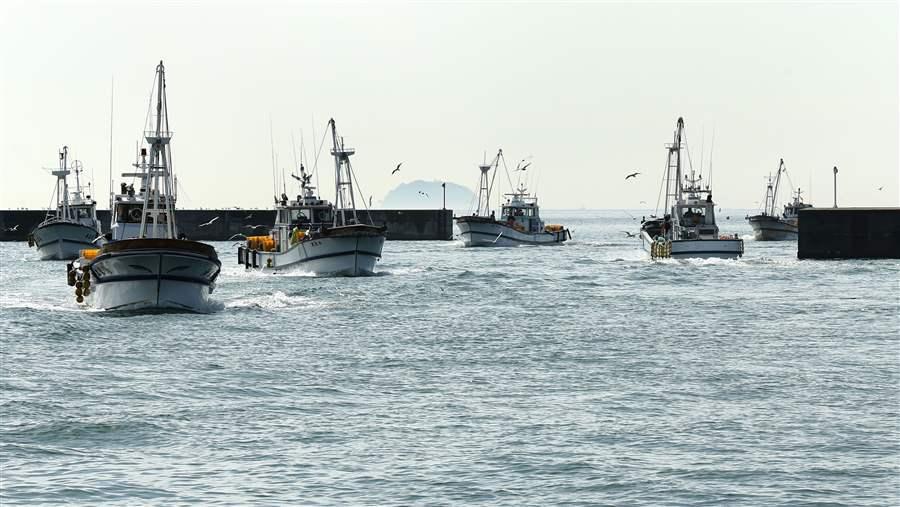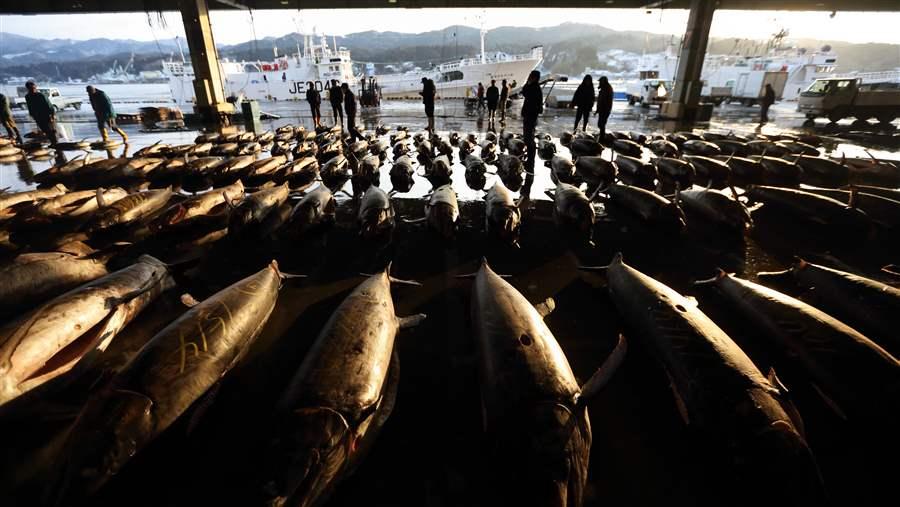日本が違法漁業の漁船に対し入港拒否を決意
国連協定への加盟により違法漁獲を世界市場から排除する決意を表明
世界最大の魚輸入国のひとつである日本は、他の47の加盟国に続き、寄港国措置協定(PSMA)—違法、無報告、無規制(IUU)漁業の撲滅を目指す国際協定—を批准した。
2009年に国連食糧農業機関が採択したPSMAは、各国政府による疑わしい漁獲をより確実に特定し、場合によっては拒否または差し押さえる入港規制の強化を後押しするものである。違法漁獲者が「入港先を探し回る」行為は一時期頻繁に見られたが、同条約は、これを防止するための協定加盟国地域内協働も促進する。
違法および無報告の漁業による海産物の価値は毎年235億ドルに上ると推定され、これは捕獲された海洋魚の5匹に1匹に相当する。違法漁業は海洋エコシステムを破壊し、生息数を枯渇させ、漁業依存型経済を営む海岸の集落から活気を奪うおそれがある。
日本における漁業の歴史は長いが、漁船は国内需要を満たすに十分な漁獲量を確保できなくなっている。その結果、日本は欧州連合(EU)、米国に次ぐ第3の魚輸入市場となった。
PSMAに加盟して体制を整える政府が増えるにつれ、違法漁業従事者が不正な漁獲物をグローバル海産物市場で売りさばくことが困難になる。これにより、違法漁業による潜在的利益が大幅に低下するであろう。協定は、違法漁獲の陸揚げを狙う漁船を発見した場合に近隣の港湾に通知することを加盟国に義務付ける情報共有システムを設置している。この報告体系と情報交換は、魚類の陸揚げと漁船の活動に関する港湾レベルでのデータを改善することを目指す。
日本は国際的な漁業問題に非常に大きな影響を持ち続けている。ひとつには、資源量の97%以上が枯渇しているクロマグロの世界最大の消費国かつ漁獲国であることが挙げられる。この状況を鑑みて、日本は他国の政府と連携し、持続可能な商用漁業を支えるために科学的根拠に基づいた漁獲量制限を予防措置として設ける必要がある。
しかし、政府による、違法漁業を抑止する取り組みは過去数年間で効果を上げ続けている。地域の全漁業管理組織の加盟国である日本は、漁獲証明制度やその他のIUU漁業防止対策の採用を一貫して支持してきた。
2012年のIUU漁業防止に関する欧州連合-日本共同声明以来、日本はPSMAの批准に向けて真摯に取り組んできた。今回その約束を果たした日本は、地域における他の漁業国に模範を示しており、その継続が望まれる。批准国の増加に従い、協定は効果を増す。The Pew Charitable Trustsは、IUU漁業阻止に向けた日本の努力を称賛するとともに、本年中にPSMAへの加盟国がさらに増えることを確信している。
トニー・ロングはThe Pew Charitable Trustsによる世界的な違法漁業撲滅の取り組みを指揮する。


America’s Overdose Crisis
Sign up for our five-email course explaining the overdose crisis in America, the state of treatment access, and ways to improve care
Sign up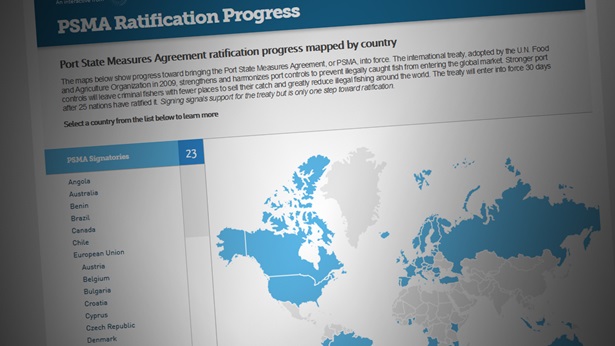
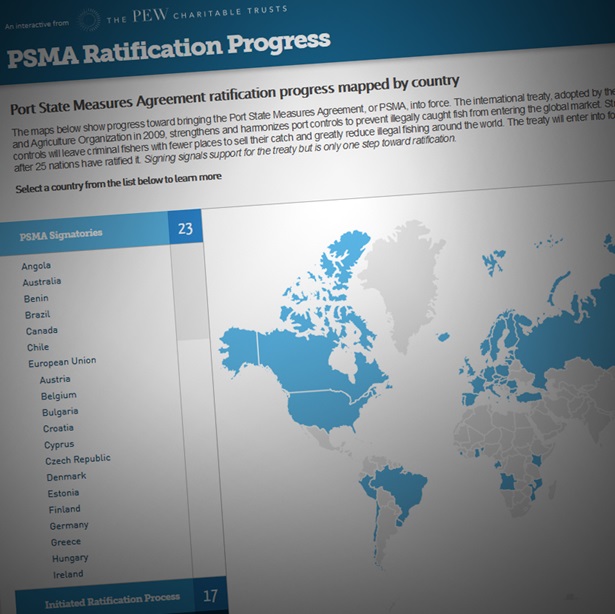
PSMA Ratification Progress
Port State Measures Agreement ratification progress mapped by country
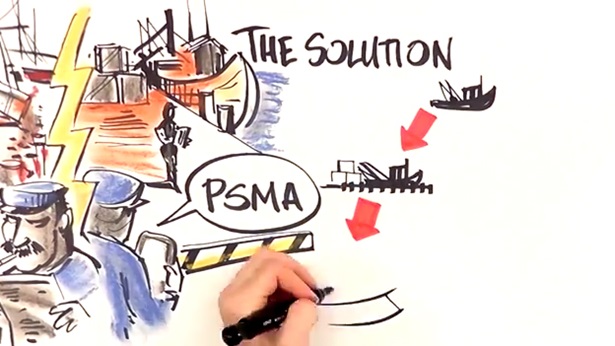
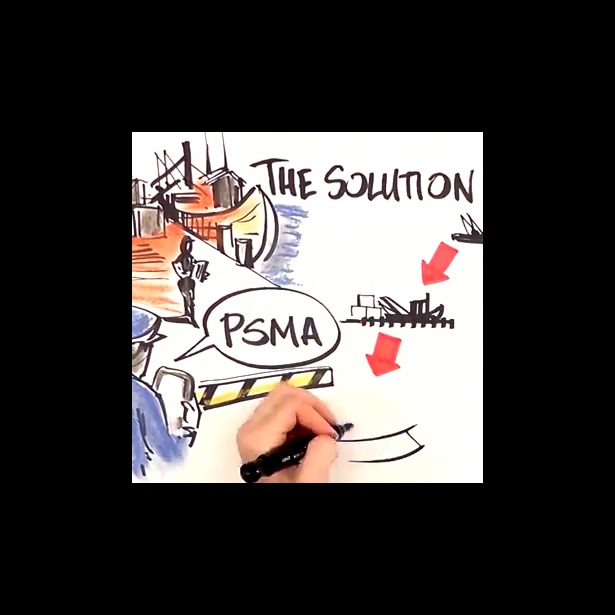
Ratify the PSMA Now
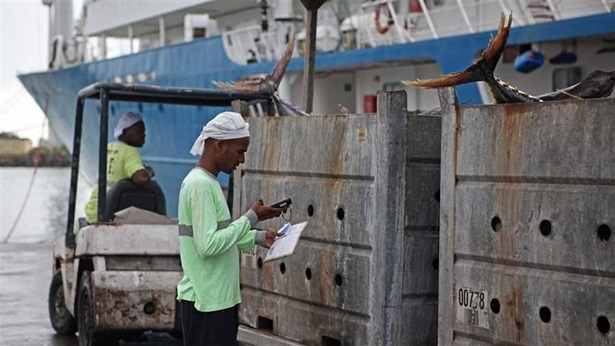
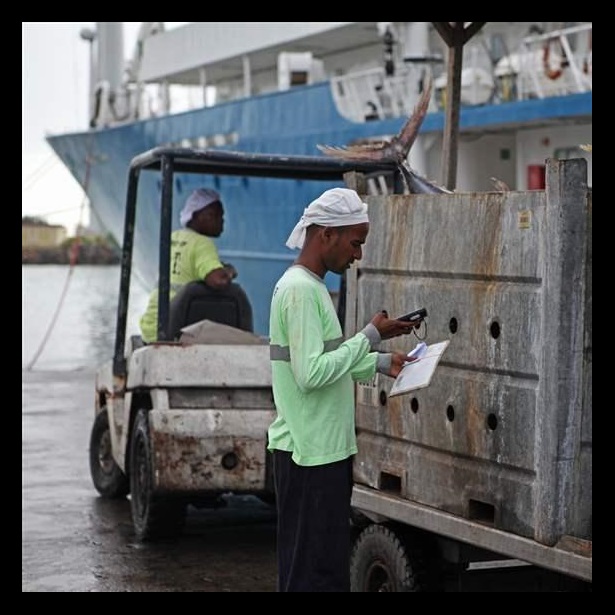
Port State Measures
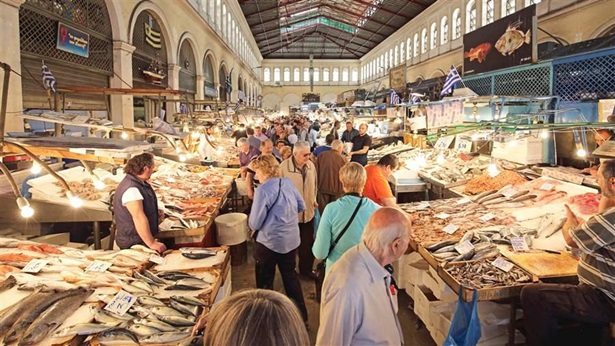
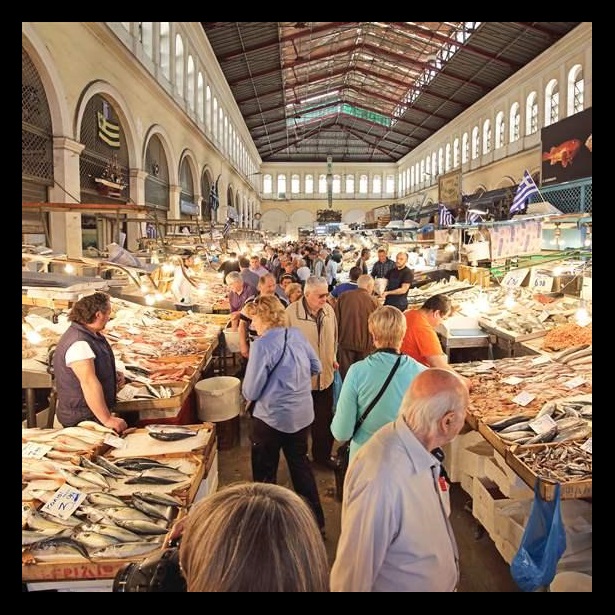
Supply Chain Is Key in Ending Illegal Fishing
Greater transparency and awareness will help stop flow of illicitly caught seafood
